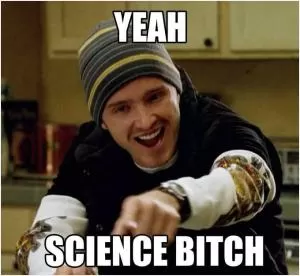But in science the credit goes to the man who convinces the world, not to the man to whom the idea first occurs

But in science the credit goes to the man who convinces the world, not to the man to whom the idea first occurs
Francis Darwin, the son of the famous naturalist Charles Darwin, was a prominent botanist and geneticist in his own right. He made significant contributions to the field of plant biology, particularly in the study of plant movement and the role of hormones in plant growth. Despite his groundbreaking work, Francis Darwin often found himself overshadowed by his father's legacy.The quote "But in science the credit goes to the man who convinces the world, not to the man to whom the idea first occurs" is particularly relevant in the case of Francis Darwin. While he may have been the first to conceive of certain ideas and experiments, it was often his colleagues and peers who were able to effectively communicate and convince the scientific community of their significance.
One of Francis Darwin's most notable contributions was his work on plant tropisms, or the ways in which plants respond to external stimuli such as light and gravity. He conducted numerous experiments to study how plants bend and grow in response to these stimuli, and he proposed the idea that plant hormones played a key role in these processes. However, it was his contemporary, the Dutch scientist Hugo de Vries, who was able to popularize and convince the scientific community of the importance of Darwin's findings.
Similarly, Francis Darwin's work on plant genetics and heredity was groundbreaking, but it was his colleague William Bateson who is often credited with popularizing the concept of genetics and introducing the term "genetics" to the scientific community. Bateson's work on pea plants and his advocacy for the principles of Mendelian inheritance helped to establish genetics as a distinct field of study.












 Friendship Quotes
Friendship Quotes Love Quotes
Love Quotes Life Quotes
Life Quotes Funny Quotes
Funny Quotes Motivational Quotes
Motivational Quotes Inspirational Quotes
Inspirational Quotes